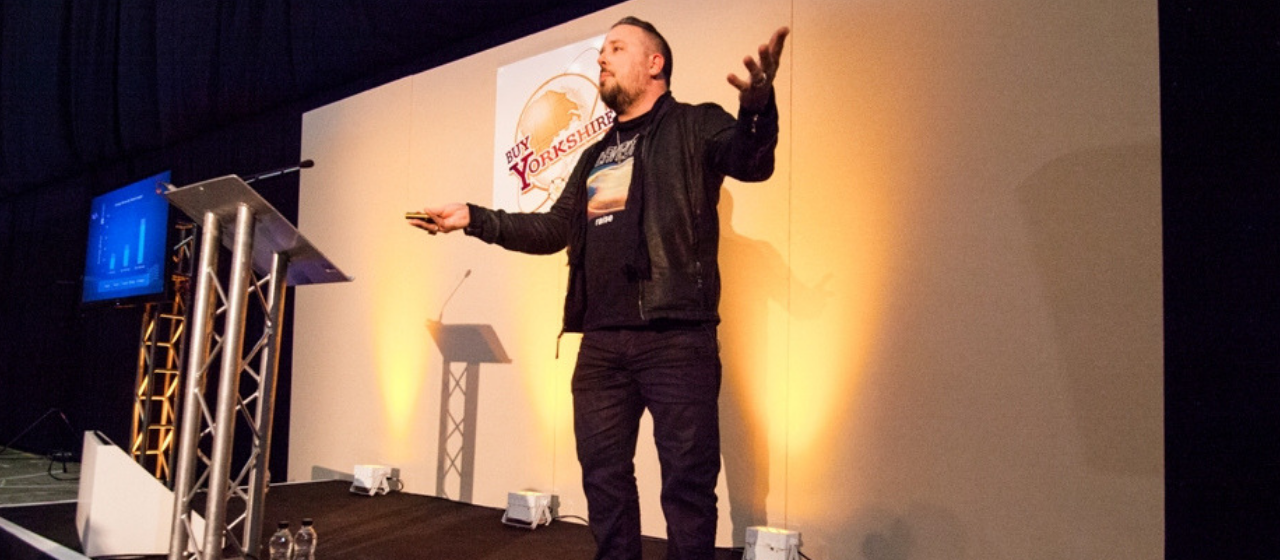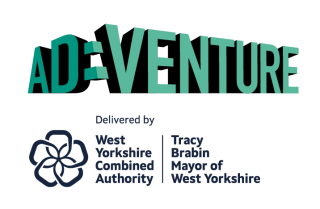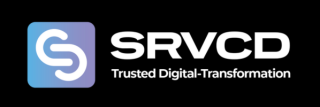
60 Seconds with… Jason Miller, LinkedIn
by The Yorkshire Mafia, May 01
Tell me a bit more about your role and journey at LinkedIn. When did you start, how did you work your way up, and why this company?
I joined LinkedIn from Marketo in 2013, so this is my fifth year with the business. From the start, my role has been all about using content on social media and beyond, to build awareness and consideration for our marketing solutions. It’s a really interesting role because content marketing is such an important strategy for brands on LinkedIn. In many respects, my job is to drink our own champagne, and then report back to the marketing community (and particularly the B2B marketing community) about how it tastes – and how they should serve it. My team and I create blog posts, infographics, Big Rock eBooks, white papers and research reports – and at the same time, we’re talking to other marketers about how they can generate more value from similar strategies. We’re the proof that it works. LinkedIn launched video for sponsored content in the LinkedIn feed at the start of April, and as a result we’re working at pushing the boundaries of B2B video and exploring the most effective ways for marketers to engage through it.
The most exciting thing about my role is that it’s constantly evolving. In order to talk credibly to marketers about content, I’ve got to commit to learning about every potential new platform and format as they emerge. I have to be ready to get hands-on, learn new techniques myself and try putting them into practice, so that I can honestly explain to others how to get best results from them – and whether they are really all they are cracked up to be. To be a content marketer, you have to keep learning, so that you can keep sharing original content that’s got value for your audience.
I’ve found that LinkedIn is a natural home for me because of the way transformation is embedded within the culture here. Our business actively encourages people to think about their next play and how they can develop, whether within the company or beyond it. That’s helped to bring me from San Francisco to London, where I’m now heading up our global content and social team.
What made you want to get into marketing? How did it pave your way into the career?
Like so many B2B marketers, I started out in the music business. No, seriously… I was working as a marketer at Sony Music where I got increasingly frustrated at the way the music industry seemed determined to battle its way to extinction by trying to resist the impact of digital. I knew that to be an effective marketer, you needed to embrace emerging technologies and I was very aware that my digital marketing skills needed to catch up. I made a decision to actively teach myself the capabilities that I needed. That brought me to digital, social media and content marketing – and it’s given me a conviction that all marketers now need an appetite for learning practical, executional skills by putting them into practice. I’ve even ended up teaching a digital marketing course at UC Berkeley to help others do the same as me.
My journey from music to B2B content marketing wasn’t just about learning new skills though. The most empowering thing I’ve learned during my time at Marketo and now LinkedIn, is the importance of working for a business that wants you to bring your whole self to work. I’ve been encouraged to express my personality and my passion for music in the way that I create content – and even I’ve been taken aback by how effective that is. Passion, authenticity and differentiation are key competitive advantages when it comes to content. Many marketers have the capability to deliver those things if they are encouraged to be themselves.
How would you describe your job role to other people, in layman’s terms?
I do content and social media marketing for the world’s largest professional social network.
How have you seen the role of the marketer change in the past three years? Is it positive or negative in your opinion, and why?t
That’s a massive question, with so many possible answers. Content, data and the changing role of marketing itself have been the big trends over that period.
People who really understand content marketing recognise that it fundamentally changes the transaction between you and your audience. You can’t just buy attention. You have to buy the opportunity to exchange people’s attention for something of genuine value. Content marketing isn’t cheap marketing or free marketing – it’s marketing that recognises the nature of the value exchange that’s now inherent in all communication. Content ought to make the marketing role more strategic – and I think we’ll see that increasingly happening over the years to come.
Data has been a hugely disruptive force in digital marketing – but right now the most important theme around data is marketers’ ability to earn trust, and not erode trust, through how they use it. The demonstrably responsible use of data will be vital going forward.
Between them, content and data have driven a redefinition of what marketing itself involves. It’s no longer just advertising, or external communications. At the senior level, it’s increasingly integral to overall strategy and it touches everything from HR and recruitment to customer acquisition and retention, and the overall proposition and profitability of the business itself. Marketing purists will tell you it’s always been this way – but it hasn’t always been recognised that way. There’s now an opportunity for senior marketers to make a more meaningful contribution to their businesses than ever before – but only if they can meet the expectations of C-suite colleagues and keep relating everything they do back to the business bottom line.
What is the biggest mistake that companies make today when communicating their message? What advice would you give to avoid this?
The biggest mistake is to forget the audience – or rather, to assume that the audience will be as automatically interested in your proposition as you are. You have to work hard to uncover the real significance of what you have to offer for the lives of the people you are speaking to. That’s where the value lies both for you and your potential customers. Then you have to explore creative and innovative ways to bring it to life.
What is it about the podcast format (your Sophisticated Marketer Podcast) that you enjoy the most? What encouraged you to start it, and how do you balance it with your day job?
It’s the chance to meet genuinely inspiring people with a really interesting perspective to bring to marketing. I love the format – the opportunity to talk to people in a way that’s entertaining, engaging and lowers their guard. I also love the fact that podcasts build such a loyal audience and give you the opportunity to talk directly to them, on a regular basis. In fact, the latest research from Demand Gen Report shows that podcasts are now one of the most valued content formats for B2B buyers in the early stages of their consideration journey.
To those people starting from zero ie. email subscribers, what would you advise to build trust and audience?
Invest in content that’s original and relevant for your target audiences. Find a way to differentiate what you have to say that reflects your particular expertise as a business. Then invest in paid media that can put your content in front of the most relevant people. The best way to build up a loyal audience of subscribers is to show them your content regularly – then give them the opportunity to sign up.
What’s your greatest success in your job thus far? Was there a big break for you?
My biggest success has been working at places that encourage me to bring my whole self to work – and keep taking intelligent risks with content marketing. I think that’s the most important criteria of career success for any marketer.
Where do you seek inspiration in everyday life to push you further in your career? Are there any particular individuals you look up to in your workplace/field?
My passion for music is integrated into a lot of the content that I create. I draw inspiration from my heroes like Joe Strummer, Axl Rose, Oasis, the Sex Pistols and Megadeth, but also from a lot of jazz musicians including Miles Davis and John Coltra. Many of the principles they espoused around becoming the media and taking control of your own story are very important principles for content marketers today.
I’ve also been lucky to learn from and be mentored by some of the pioneers of content marketing. People like Ann Handley, Seth Godin, Brian Clark and Mitch Joel have had a huge influence on my career.
What are the greatest demands in your job? How do you push through any hurdles to get the job done?
If you do what I do, and take it seriously, then time pressure will always be an issue. There’s no getting away with it. You’ve got to be prepared to work some slightly crazy hours, and hustle hard for the opportunity to do work that you are passionate about.
Is failure as important as success in your eyes? Do you think pushbacks help you strive harder, or not? Why/why not?
Testing and learning should be a fundamental part of content marketing. If you’re not trying some things that don’t work then you’re not trying hard enough.
How do you stay interested in your job on a day-to-day basis? Are there certain motivations that push you to do your best?
I know that I’m working in an industry that I’m passionate about, doing work that can have a hugely positive impact on other people’s lives, businesses and careers, and with a role that gives me a license to keep learning and developing as a person. I’m very lucky – and I don’t need any more motivation than that.
What is the best piece of advice to give for someone to stand out from the rest of the competition?
Find somewhere to work that doesn’t just want you to conform and become a cog in the system. You need to be somewhere where you can be valued as an individual, and where you can bring your individuality to what you do.
Do you think people are struggling to find individuality in this competitive field? How could they avoid this?
Too many people are. The solution lies in being demanding about who you work for. It’s your choice.
Do people need to be on every channel? Why/why not?
No. They only need to be on the channels that their target audience is on – and more specifically, on the channels that their target audience are happy to engage with them on.
You list rock and roll photography as your side hobby. How do you balance this with your busy work schedule? Do you think it’s important to have a personal outlet when marketing is such a demanding career?
I balance it with my busy schedule by working through the night. Fortunately, most gigs are in the evening, which helps. I’m a firm believer in the value of the side-hustle. I think it’s hugely important for helping people to feel more fulfilled professionally – and it brings energy and fresh perspectives to your day job in marketing. But it’s got to be a ‘side’ hustle. You have to do it on your own time. If you want to grow then there’s going to have to be less time relaxing on the couch and watching Netflix in the evenings.
If you could make any changes to how your career has gone so far, what would they be and why?
I don’t honestly think I would change anything.






